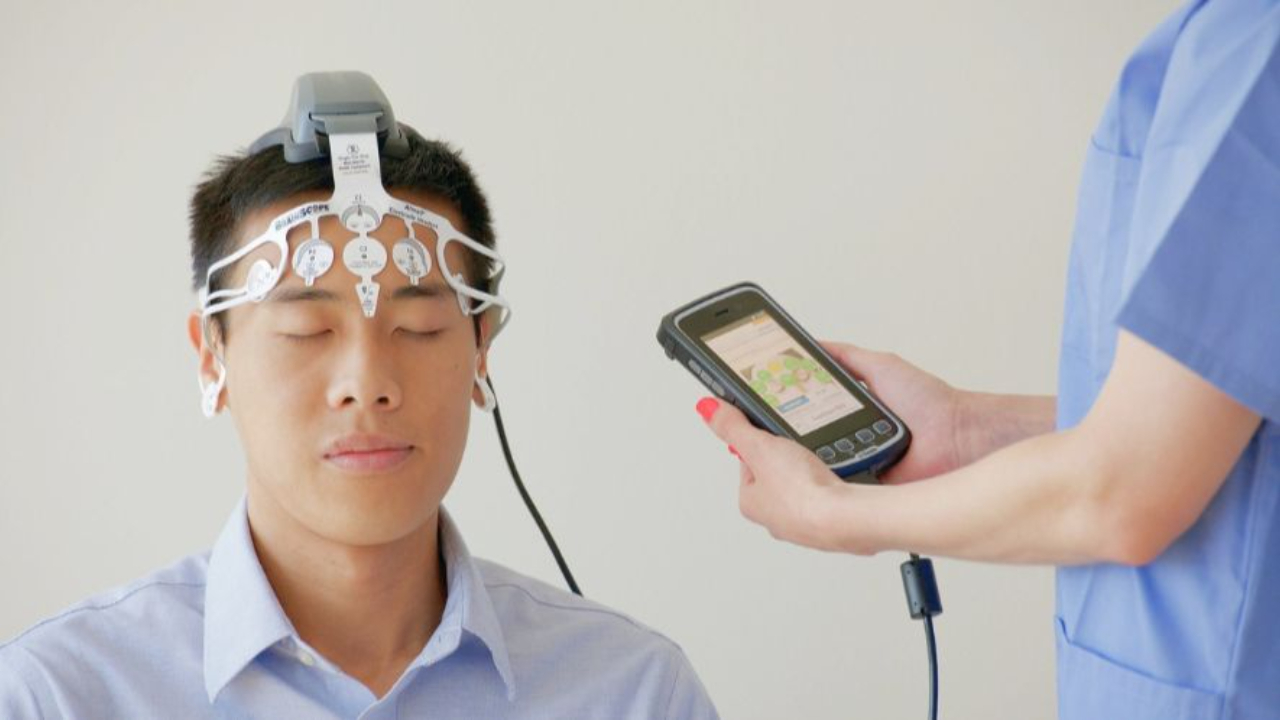Why a Regulated Nervous System Is the Foundation of Holistic Wellness
Aug 10, 2025
Imagine your body as a busy city, constantly moving and working together. Now, think of your nervous system as the traffic lights that keep everything flowing smoothly. When the lights are green, everything moves as it should – your body feels good, your mind is clear, and you can handle whatever comes your way. But when those lights malfunction and everything gets out of sync, traffic jams happen. Your health, mood, and ability to cope with stress all start to feel the strain.
What if you could reset those traffic lights? Imagine the flow of life returning to calm and balance. Let's take a closer look at why a regulated nervous system is the foundation of holistic wellness and how it can help you live a healthier, calmer life. We'll also discuss simple ways to start bringing that balance back today.
1. Stress Management and Emotional Balance
A regulated nervous system helps you manage stress effectively. Stress activates the sympathetic nervous system – it's your body's fight or flight response. When you're in balance, your nervous system quickly shifts back to a calm, restful state thanks to the parasympathetic system, or "rest and digest" mode.
When the nervous system is out of balance, stress keeps building up. You might feel constantly on edge, anxious, or unable to focus. By regulating your nervous system, you can recover from stress faster and stay calm during challenging situations.
2. Physical Health and Nervous System Regulation
Your nervous system controls essential bodily functions like heart rate, digestion, and sleep. When it's regulated, everything runs smoothly. You digest food properly, get restful sleep, and your body remains balanced.
However, when the nervous system is out of whack, you might experience issues like digestive problems, sleepless nights, and chronic pain. These are signs that your body is struggling to return to balance. Regulating your nervous system can help restore harmony to these functions and improve your holistic wellness.
3. Emotional and Mental Health
Your nervous system also influences your emotional and mental well-being. When it's regulated, you're better able to stay grounded, think clearly, and handle emotions with resilience. You won't be as easily thrown off by everyday stresses, and your emotional state will be more stable.
On the other hand, when your nervous system is out of balance, you may struggle with anxiety, mood swings, and even depression. These emotional challenges can deeply affect your quality of life. By regulating your nervous system, you gain better control over your emotions, paving the way for improved mental health.
4. Social Connections and Relationships

Your nervous system also affects how you connect with others. When it's regulated, you feel safe and calm, making it easier to build meaningful, trusting relationships. A regulated nervous system helps you navigate social situations with ease, fostering stronger connections and intimacy.
When your nervous system is out of balance, it can lead to emotional distance, make communication more challenging, and hinder your ability to connect with others. Regulating your nervous system can create a peaceful space within, helping you engage more authentically with those around you.
5. The Sympathetic and Parasympathetic Nervous Systems
To understand nervous system regulation, it helps to look at how your body responds to stress and relaxation. When you're in danger or stressed, your sympathetic nervous system triggers the fight-or-flight response. Short bursts of this response can help, but if it continues for too long, it can cause chronic stress.
On the other hand, the parasympathetic nervous system helps you recover from stress, promoting relaxation and healing. By regulating your nervous system, you can keep both systems in balance, preventing chronic stress and promoting better health.
6. The Vagus Nerve and Its Role
The vagus nerve is a major player in your parasympathetic nervous system. It helps your body relax after stress by lowering heart rate, improving digestion, and calming emotional responses. It's like your body's natural "off switch" for stress.
By practicing techniques like deep breathing, you can activate the vagus nerve and help regulate your nervous system, making it easier to return to a calm, peaceful state.
Practical Tools for Nervous System Regulation

- Mindfulness and Meditation: Mindfulness practices help you tune intotion your thoughts and body sensations. Being present in the moment allows you to recognize when your nervous system is out of balance, giving you the chance to shift to a calmer state. It's one of the most powerful tools for regulating your nervous system.
- Breathing Techniques: Breathing exercises, like box breathing and slow, deep breaths, activate the parasympathetic system and help you calm down. By practicing breathing techniques regularly, you can easily switch your body from a stress response to a more relaxed state. 4-7-8 Breathwork can be very effective.
- Movement Practices: Gentle movement practices like yoga, stretching, or walking can help release tension and regulate your nervous system. Physical activity promotes better circulation, reduces stress, and brings your body back into balance.
- Quality Sleep and Rest: Sleep is vital for nervous system recovery. If your nervous system is constantly under stress, it's harder to get restful sleep. Prioritize good sleep habits and create a relaxing environment to help your nervous system repair itself overnight.
Why Nervous System Dysregulation Matters
When your nervous system isn't regulated, it can lead to serious health issues. Chronic stress can contribute to digestive problems, insomnia, anxiety, and even heart disease. It can affect your emotional well-being, causing irritability, mood swings, and difficulty focusing.
When you learn to regulate your nervous system, you lower the risk of health problems and improve your holistic wellness. It's about taking proactive steps to stay balanced and healthy, not just in your body but in your mind and emotions too.
How Do I Know If My Nervous System is Dysregulated?
We have a free short assessment that you can take to determine if your nervous system is dysregulated.
Final Thoughts
A regulated nervous system is at the heart of holistic wellness. When your nervous system is in balance, everything else falls into place—your physical health improves, your mind stays clear, and your emotional well-being is enhanced. It's not about eliminating stress but learning how to recover from it faster and more effectively.
Ready to Restore Your Balance?
Take the first step towards a more relaxed, healthy life. Start regulating your nervous system today with a personalized assessment at Heights of Health. Find out simple, effective tools to manage stress, improve your health, and achieve holistic wellness.
FAQs
What is nervous system regulation?
Nervous system regulation balances your fight-or-flight response with your relaxation response. It helps you manage stress and anxiety and keep your body calm.
Why is nervous system regulation essential for holistic wellness?
A regulated nervous system is crucial for physical health, emotional stability, mental clarity, and healthy relationships—all key components of holistic wellness.
How can I start regulating my nervous system?
Begin with mindfulness, followed by deep breathing exercises, gentle movement, and prioritizing sleep. These simple practices help you stay balanced.
What does the dysregulation of your nervous system cause?
Dysregulation can cause chronic stress, anxiety, sleep problems, digestive issues, and emotional instability, affecting your overall wellness.
What are some physical symptoms of my nervous system being out of balance?
Signs include feeling constantly stressed, anxious, difficulty sleeping, or emotional instability. Practices like mindfulness can help you recognize these signs early.

